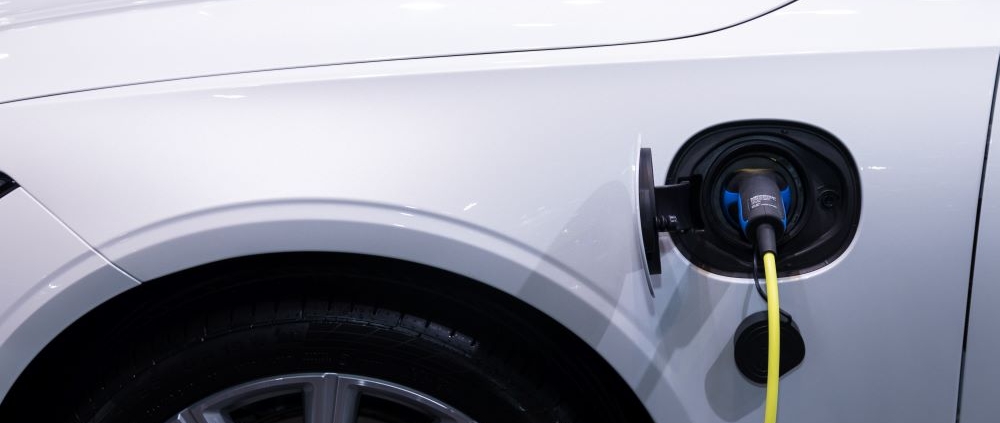A report which shows huge sales of EVs in the US only resulted in only a 0.54 per cent fall in gasoline consumption in 2021 has led to disappointment and questions about the beneficial impact of EVs so far.
EV Sales
A recent Argonne National Lab report shows that a massive 2.1 million plug-in vehicles, including 1.3 million battery EVs were sold in the US between 2010 and 2021.
Despite these impressive numbers, however, plug-in vehicles still only make up almost 1 per cent of all light vehicles on the road in the US.
That said, the low 0.54 per cent US gasoline consumption reduction figure has proven disappointing to many.
The Upside
Looking at the positives of the Argonne National Lab report, the 70 billion miles and 22 terawatt-hours of energy consumption of EVs since 2010 in the US has displaced the use of more than 2.5 billion gallons of gasoline and a 19 million tons of greenhouse gases.
Context
Put in context however, plug-in vehicles only saved the equivalent of two days of consumption (690 million gallons) of gasoline in 2021.
Why?
Apart from the obvious fact that EVs still make up only a tiny proportion of vehicles on US roads, other reasons why they haven’t made much of an impact on gasoline consumption include:
- A reduction in mileage covered during the pandemic.
- Different battery sizes and differences in driving situations, e.g. city driving and highway driving..
Impact On The Electrical Grid
Although EVs are a great way to tackle the pollution and carbon emissions problem that petrol and diesel cars currently cause, they still need electricity. Some critics have warned about the pressure on the electrical grid of widescale EV adoption and the fact that this may increase the power demand, reshape the electricity load curve, increase in evening peak loads, cause more burning of fossil fuels in power plants initially, and that manufacturing EVs could be more emissions-intensive to make because of their batteries. The Argonne National Lab report also highlights how the manufacture of bigger and heavier electrified SUVs may have had a negative effect on electrical range efficiency of EVs over the last 3 years.
What Does This Mean For Your Organisation?
With it still being very early days in the curve of EV ownership and with EVs only making up one per cent of America’s vehicles at present, it is perhaps not surprising that EVs haven’t yet led to a significant reduction in petrol and diesel consumption. Also, the US grid still contains a mix of fossil fuels (60 to 70 per cent) and other sources, which also affects how green they are generally. The industry also still faces challenges with the price of EVs, the availability of charging points, and battery limitations, which affect the rate at which EVs are being adopted. There is also the matter of changing city policies towards traffic anyway and people looking more at other ways they can get around, e.g. electric buses, cycling, trains, and walking. EVs alone are not, therefore, the complete answer to transport and emissions challenges, so there is long way to go yet before their benefits are really noticeable.
If you would like to discuss your technology requirements please:
- Email: hello@gmal.co.uk
- Visit our contact us page
- Or call 020 8778 7759
Back to Tech News



